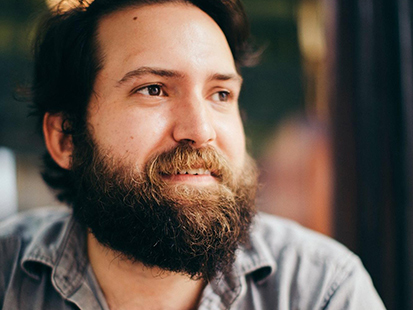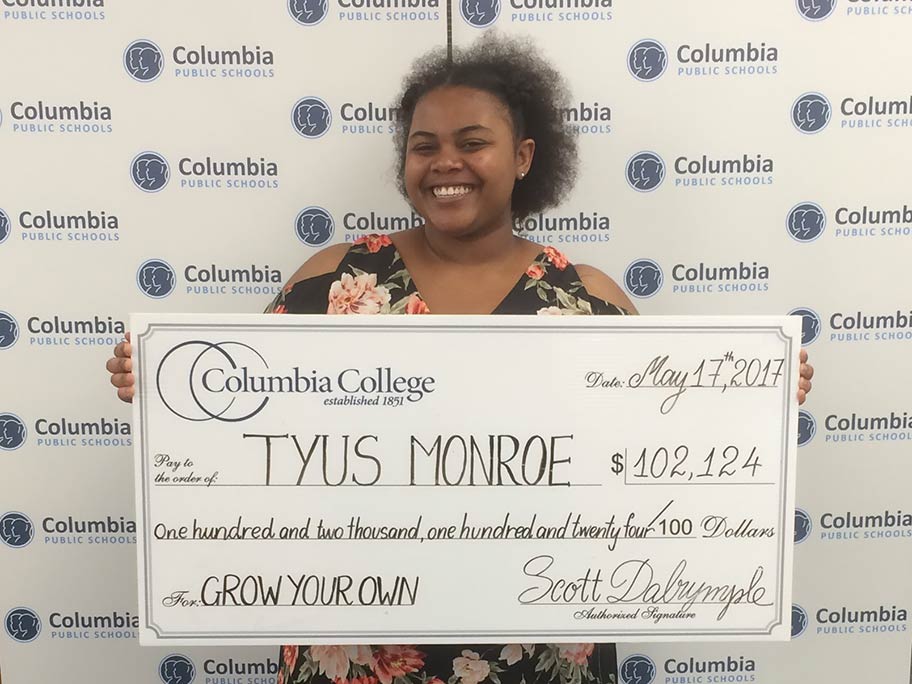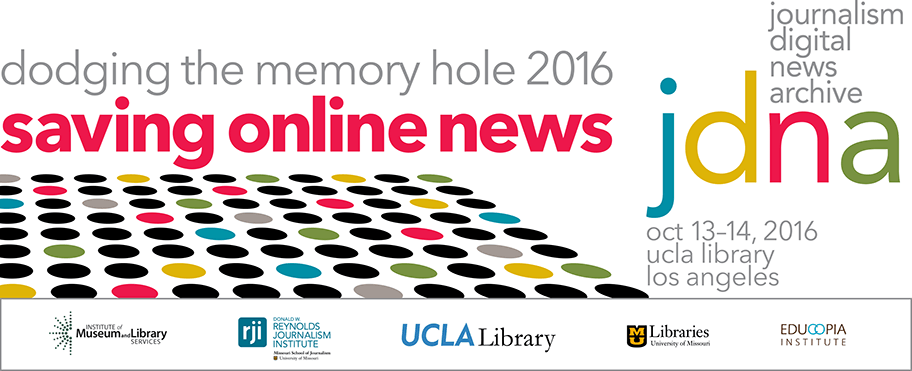
RJI news
Video: Ryan Platt speaks about creating Maply
Ryan Platt speaks about creating Maply.
Video: Alex Blum speaks about his experience in the RJI student competition
Alex Blum speaks about his experience in the RJI student competition.
Does the idea of talking to a news bot bother you? That is interesting. Please continue
The first chatbot was born in 1966. Eliza, as her creator named her, mimicked a psycho-therapist. You can still chat with Eliza, like I did. Eliza was a proof of concept: an experiment designed to explore the potential of conversational interfaces. Now, 50 years on, chatbots are starting to crack into the mainstream — at … Continued
This year’s RJI Student Competition not bound by topic or campus boundaries
The sky’s the limit for participants in the 2017–2018 RJI Student Competition, sponsored by the Donald W. Reynolds Journalism Institute at the Missouri School of Journalism. Previous competitions focused on a specific industry concern or platform. But this year students may address any issue facing the news media, including audience engagement, news productivity and accuracy. … Continued
Christopher Guess presents Push
RJI Fellow Christopher Guess spoke about Push, his open source mobile app, during a brown bag luncheon Aug. 31 at the Donald W. Reynolds Journalism Institute. Guess is improving the news app during his 2017-2018 fellowship. His tasks include simplifying the setup and management of the app, he says. Developing a news app from scratch … Continued
Tyus Monroe: A Talk Story, Write Story success story in progress
Tyus Monroe is a 2017 graduate of Hickman High School in Columbia, Missouri. She believes teachers aren’t engaging young black male students as much as other kids. That’s why she wants to become a teacher. “If I can do my part to get more black males in the graduating class, I’m going to do that … Continued
What two Florida TV stations are learning as they experiment with AR and 3-D technologies
We asked newsrooms and ad agencies what they are doing today that they weren’t doing a year ago. Turns out quite a lot! This new RJI series will highlight some of the innovations and experiments we discovered and share what leaders are learning along the way. We call it The What’s New? Q&A.
Survey: Journalists’ most urgent training needs are mobile, data and video
Respondents say they’d try bite-size lessons on their phone to learn digital skills.
Gotta catch ’em all: Archiving digital content such as social media should include linked objects
In the digital media world, there’s no guarantee that material that appears one minute will be there the next. Take, for example, Twitter posts of Anthony Scaramucci, who began deleting old tweets after being named White House communications director. Many — but not all — of the former presidential aide’s postings had already been identified … Continued
Hjalmar Gislason: Keynote speaker: Digital salvage operations — what’s worth saving?
Scroll to view transcript HJALMAR GISLASON: [00:07] So, as Martin said, my name is Hjalmar Gislason, and that’s probably the most complicated part of the presentation. That name comes from Iceland, so that’s where I grew up and that’s where my funny accent comes from, and actually some of the stories I’m going to tell … Continued







